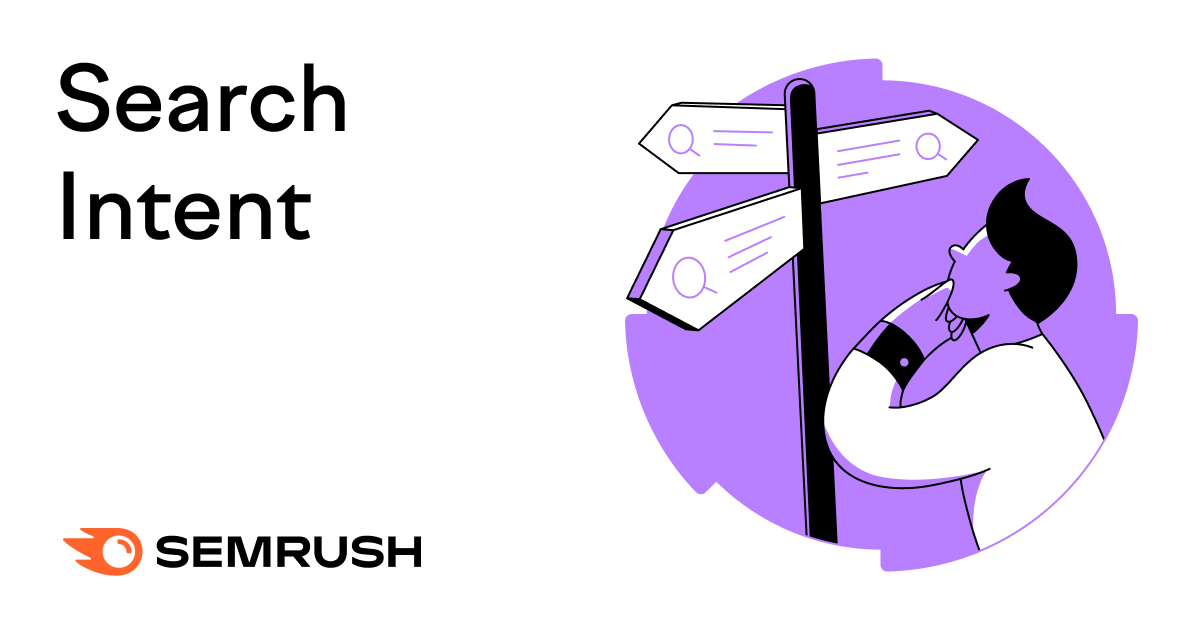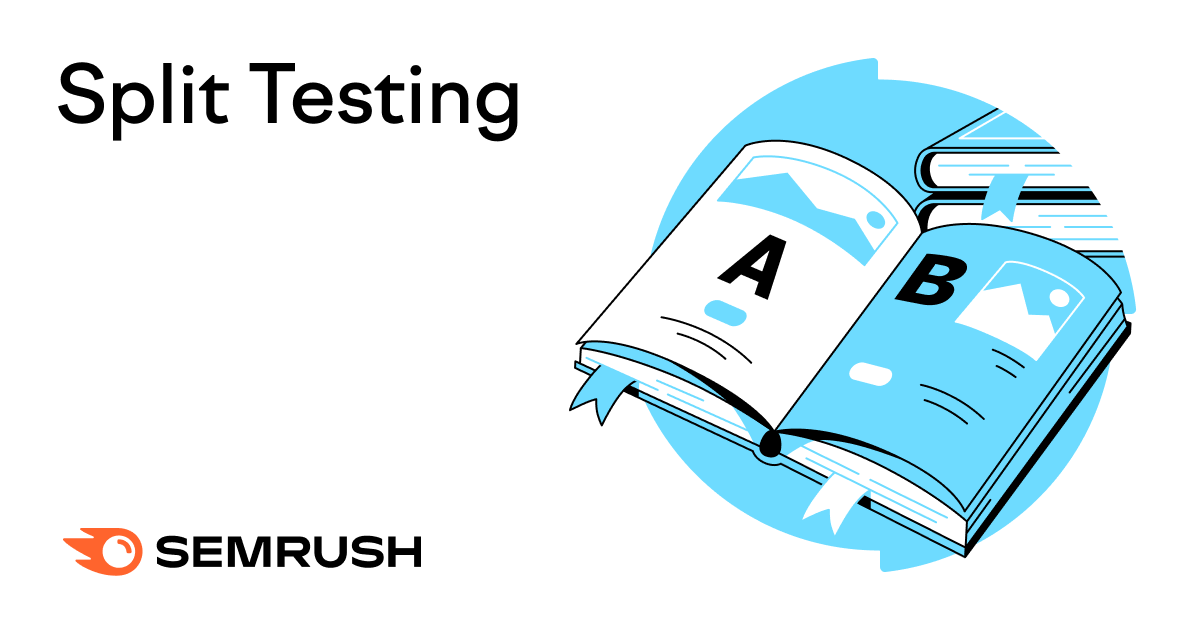
In the world of search engine optimization (SEO), the importance of backlinks cannot be overstated. Backlinks are like “votes of confidence” from other websites, and they play a significant role in boosting your website’s rankings on search engine results pages (SERPs). They are essential because they demonstrate to search engines that your content is valuable and worth referencing.
Before we begin, it’s important to note that building a robust backlink profile is a long-term strategy. We do not recommend buying links, as it is not a sustainable way to achieve this goal. Instead, we’ll explore some white-hat quick wins to help you improve your backlink profile correctly.
Check Existing Backlinks
One of the most effective starting points for improving your backlink profile is to examine your existing backlinks. Your current links can provide valuable insights into which websites already endorse your content and products. By identifying these sources, you can strategize your outreach efforts more efficiently.
Begin by using tools like Ahrefs, Moz, or SEMrush to analyze your existing backlinks. Pay attention to the websites that have linked to you as well as the content they’ve linked to. Are there any specific topics or themes that resonate with these websites? By identifying patterns, you can create content that aligns with the interests of these websites and their audiences, increasing your chances of attracting more backlinks from them.
Find Broken Links
Another quick win is finding and fixing broken links on other websites. Broken links lead to non-existent or missing web pages, resulting in a frustrating user experience. By identifying these issues on other websites, you have an opportunity to reach out to the website owners and suggest replacing the broken link with one to your content.
You can use online tools to find broken links. Once you’ve located one, approach the website owner or webmaster politely. Explain that you’ve noticed a broken link on their site and suggest a suitable replacement link to your content that would benefit their readers.
Look for Unlinked Brand Mentions
Unlinked brand mentions occur when your brand is referenced on other websites without a hyperlink back to your site. These can be effortless opportunities to secure backlinks from websites that already recognize your brand’s value.
To find unlinked brand mentions, use tools like Buzzsumo. When you identify such mentions, reach out to the website owner or content creator and kindly request that they add a hyperlink to your website. Be sure to emphasize how it would provide value to their readers and enhance their content.
Conduct a Backlink Gap Analysis
A backlink gap analysis involves comparing your backlink profile to your competitors. This analysis can provide valuable insights into the websites that have linked to your competitors but haven’t linked to your site. By identifying these gaps, you can create content that rivals or surpasses your competitors and approach the same websites for backlinks.
Tools like Ahrefs, SEMrush, and Moz can assist you in conducting a thorough backlink gap analysis. Once you’ve identified your competitors’ backlink sources, focus on creating content that not only matches but exceeds the quality of your competitors’ linked content. This will increase your chances of securing backlinks from the same websites.
Update Old Content
Updating old content is another smart strategy to secure backlinks. You can give outdated or underperforming content new life by adding fresh information, statistics, and insights. Once you’ve updated your content, reach out to websites that have linked to similar but outdated content and offer them your updated version.
Content updates not only provide value to your readers but also make it more appealing for websites to link to your content. When approaching websites with updated content, explain the improvements you’ve made and how it can enhance the information available to their readers.
While these quick backlink wins can help boost your backlink profile, it’s essential to remember that SEO is a long-term solution. These strategies are considered quick wins because they can yield results relatively quickly, but they should be part of a broader, well-thought-out link building strategy. Sustainable SEO success requires continuous effort, quality content, and ethical practices, ensuring your website remains highly regarded by both users and search engines.



